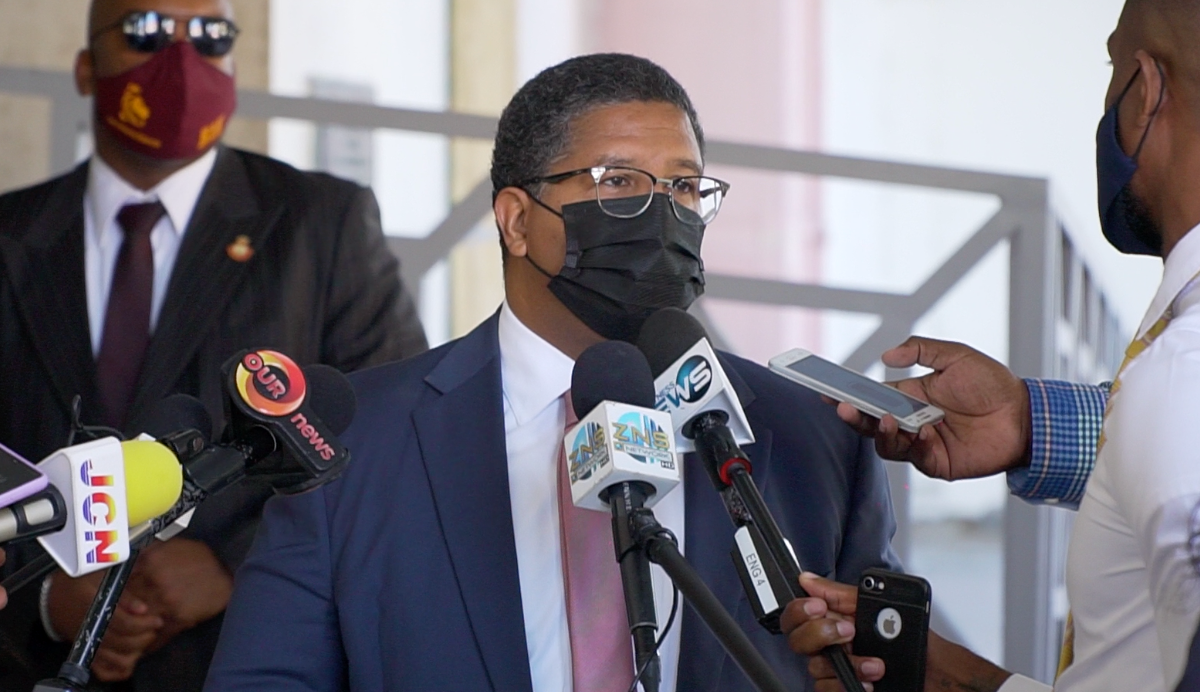PAHO estimates vaccinating 20 percent of Latin American and Caribbean to cost over $2 billion
NASSAU, BAHAMAS — The Bahamas’ investment for a potential vaccine through the Pan American Health Organization (PAHO) remains at $250,000, according to Deputy Chief Medical Officer Dr Delon Brennen.
In September, Minister of Health Renward Wells said the government has committed $2 million to inoculate at least 20 percent — around 80,000 — of The Bahamas’ population when an approved vaccine becomes available
Last month, Wells said the government put a down payment down of $250,000 so far to source a vaccine from PAHO.
When asked how much more the government has spent to secure an approved vaccine when available since September, Brennen said: “No additional payments since then.”
Moderna Inc. and Pfizer Inc. recently announced results showing their vaccines appear almost 95 percent effective against the virus.
Both vaccines are awaiting approval from US regulators.
A third major vaccine, AstraZeneca, also showed effectiveness in the 90 percentile in one of the dosing regimens tested.
The results are based on an interim analysis of trials in the UK and Brazil of a vaccine developed by Oxford University and manufactured by AstraZeneca.
Outside the Churchill Building yesterday, Minister of Finance Peter Turnquest expounded on the government’s deposit for a potential vaccine.

“I don’t know that they have determined which vaccines they intend to use yet, but by us participating in the program, and the minister of health would really be the one to speak to this…it guarantees us a certain number of doses of the vaccine once it becomes available,” he said.
“So, it was an effort to be proactive about that and ensure that we secure a source of vaccines once they become ready.”
Last Monday, Prime Minister Dr Hubert Minnis said the government was working “aggressively” to prepare a national vaccination plan.
At the time, the prime minister said: “Imagine if we can keep our numbers down and keep ourselves stable. It means that vaccines would be most effective for us because our numbers would continue to remain down as we become immunized.”
The Bahamas has recorded more than 7,460 cases of the virus since mid-March.
Of those, 1,535 cases remain active.
Another 5,708 cases have recovered.
This represents a 76 percent recovery rate in the nation.
The vast majority of total cases were recorded in the second wave, which began in early July.
The first wave, which spanned from mid-March to July, saw 104 cases and 11 confirmed deaths.
To date, 163 people have died from the virus.
Last week, PAHO encouraged countries in the region to build public trust on an approved vaccine, noting misinformation on its safety and efficacy can “waste valuable time and resources, but it will also cost lives”.






